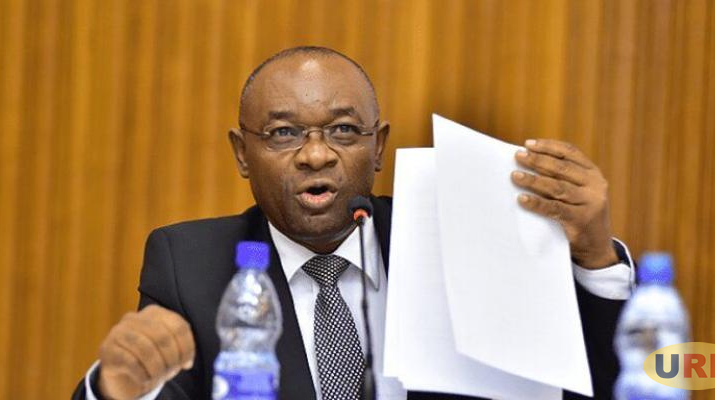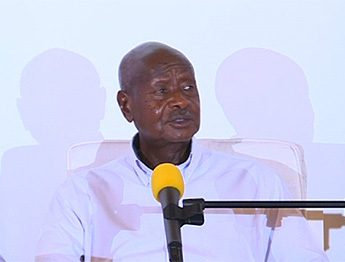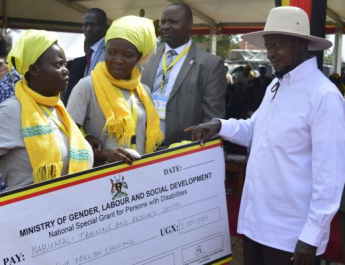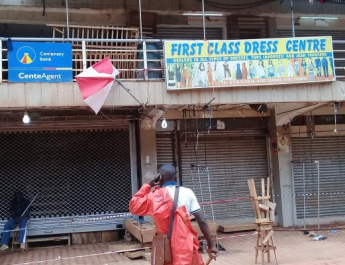Local Government Minister Raphael Magezi intends to re-examine the role of Cultural Institutions to local councils with a view of fostering a mutual relationship to spur contemporary development, improve service delivery and transform livelihoods.
Magezi observes that while traditional governance systems have, to a large extent, been replaced by modern state structures and systems at the national level, they are still relevant at local levels in many parts of the country.
Magezi notes that there is a vacuum currently between cultural institutions and local governments yet both serve the same populace. To him, a cooperation between the two, if well guided, can do wonders by integrating parallel philosophies to come up with a hybrid of local solutions to challenges facing specific communities.
The minister notes that residents have a special bond with the cultural and traditional institutions wherever they exist. This, he says, creates a potential for them to mobilise support for different local government plans, and local revenue whose collection is still very low.
Although cultural Institutions and their leaders are barred from engaging in politics, The Institutions of Traditional or Cultural Leaders Act grants them a mandate to promote the development, preservation, and enrichment of all the people in the community where they are recognized.
Magezi is planning to meet cultural institution leaders or their representatives in charge of local government dockets to determine how positively they can support local governments within their jurisdictions.
Hajjat Mariam Nkalubo Mayanja, the Uganda Kingdom Minister for Lands, Agriculture, Trade, Cooperatives, and community service welcomes the idea stressing that they have always agitated for the same given the fact that several cultural institutions have frameworks which reach the lowest unit – the family.
In 2015, during the formulation of the Citizens’ Manifesto process, spearheaded by the Uganda National NGO Forum, representatives of cultural institutions, as part of special interest groups developed a statement defining their aspirations and demands for the period 2015-2021.
Among other issues they highlighted was the integration of their programs, gender, and youth-related issues, the fight against domestic violence, as well as children’s rights and welfare and embracing government programs in the community which can be realized if they worked with local governments.
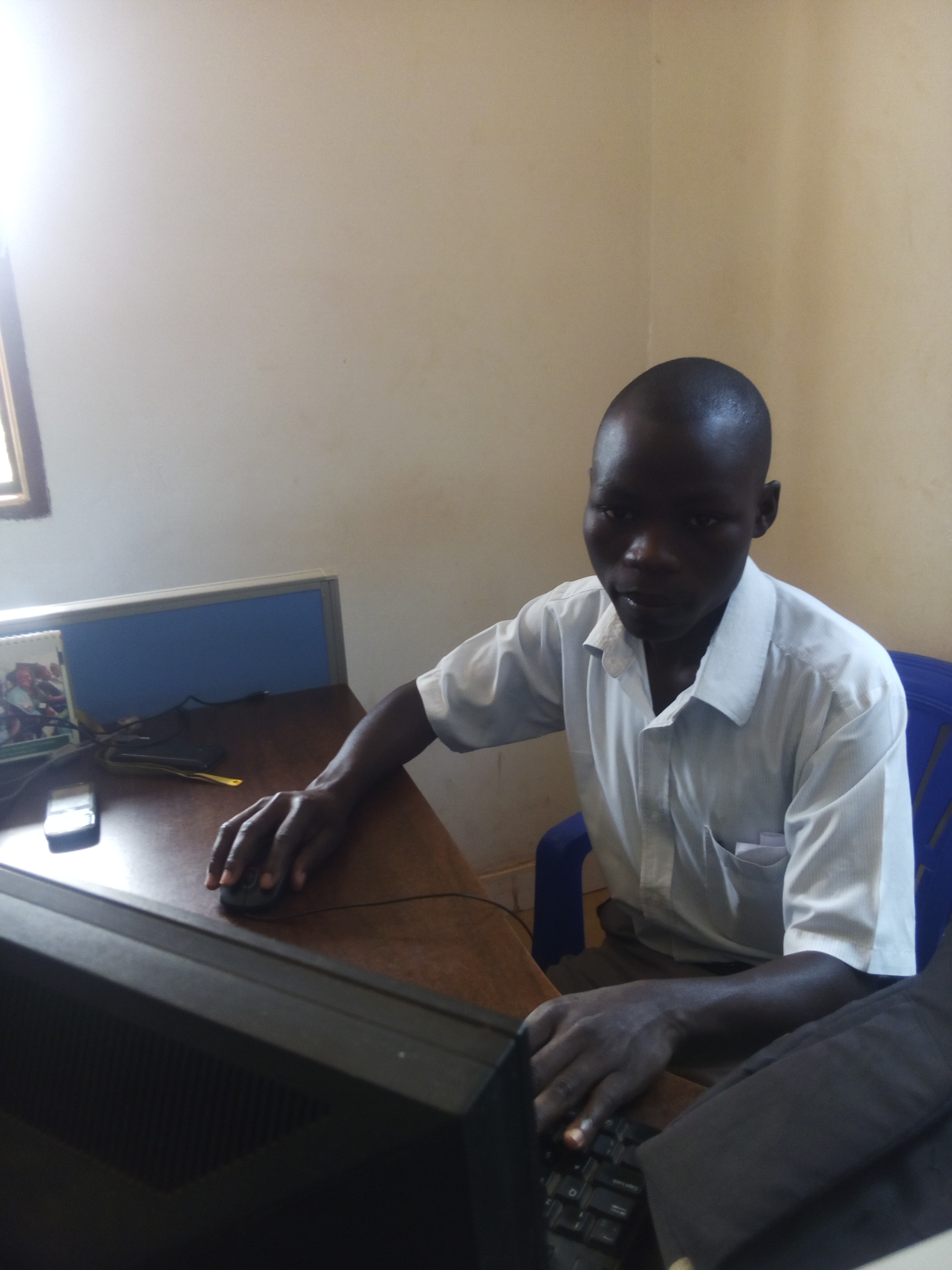
The News Editor ,Reporter at Kagadi Kibaale community Radio

